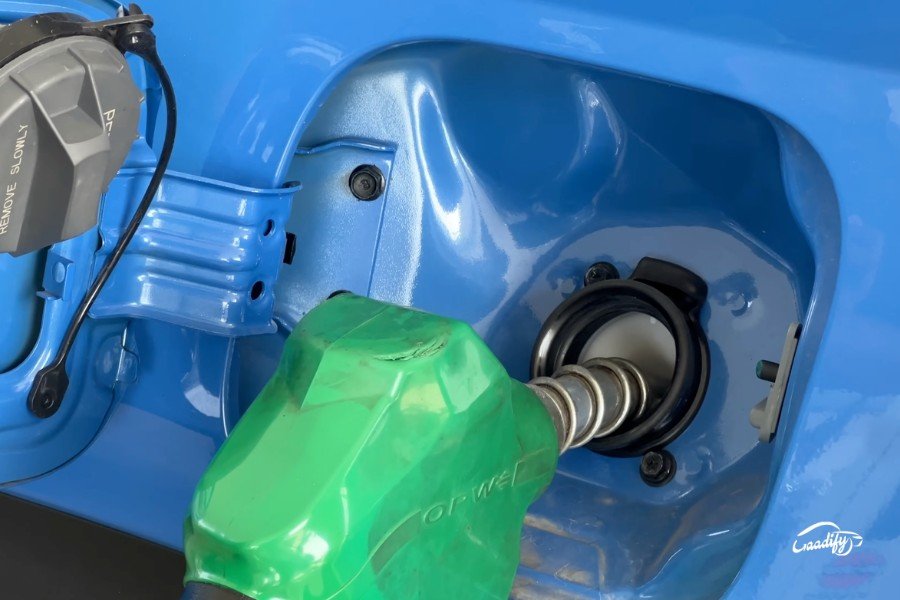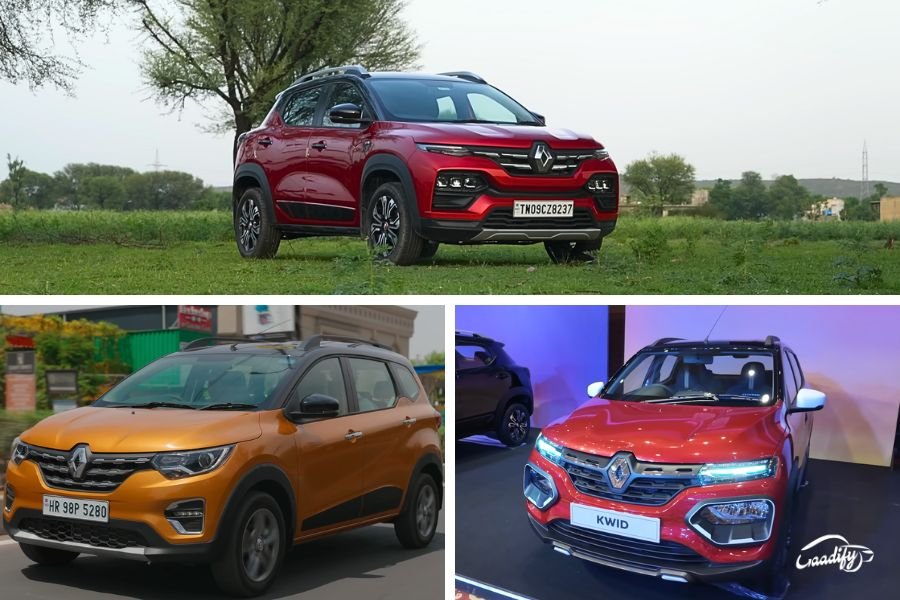To curb air pollution in the National Capital Region, the Delhi government has decided that vehicles older than 15 years will not be allowed to refuel at petrol pumps after March 31, 2025. Environment Minister Manjinder Siggh Sirsa announced this move after discussions with officials on ways to tackle rising pollution in the region.
What’s The Plan?
- A special team will be set up to identify vehicles older than 15 years.
- Petrol pumps will be instructed to deny fuel to such vehicles.
- Government will involve Delhi University students in a tree plantation drive.
- It will be made mandatory for all high-rise buildings, hotels, airports and commercial complexes to have smog guns installed.
- The govt has also decided to obtain the necessary permissions for cloud seeding, ensuring that artificial rain can be triggered during severe pollution conditions to help reduce pollution levels.

Delhi Fuel Ban: Reason Behind This Move
A report from the Comptroller and Auditor General (CAG) revealed that out of 47.51 lakh vehicles that were supposed to be deregistered between 2018-21, only 2.98 lakh were actually removed from records. That means around 44.53 lakh old vehicles are still on Delhi’s roads (as of March 2021), contributing to pollution.
Challenges and Concerns
- Enforcement Issues – Identifying and stopping fuel supply to old vehicles will be a massive task.
- Vehicles from Outside Delhi – The government has not yet addressed how it will handle vehicles entering Delhi from other states.
- Fuel Stations’ Role – Ensuring that all petrol pumps follow the rule without loopholes will require strict monitoring.
- Alternative Transport Options – Without high incentives for EVs or scrappage benefits, many might struggle to switch to new vehicles.

Final Thought
While the move is a step in the right direction for reducing pollution, its success will depend on proper execution, public awareness, and providing alternatives to those affected. If not implemented properly, it could cause confusion and inconvenience rather than achieving the intended environmental benefits.
Worth reading: Delhi NCR: 64% Traffic Offenders Admit to Paying Bribes, Reveals Park+ Survey








